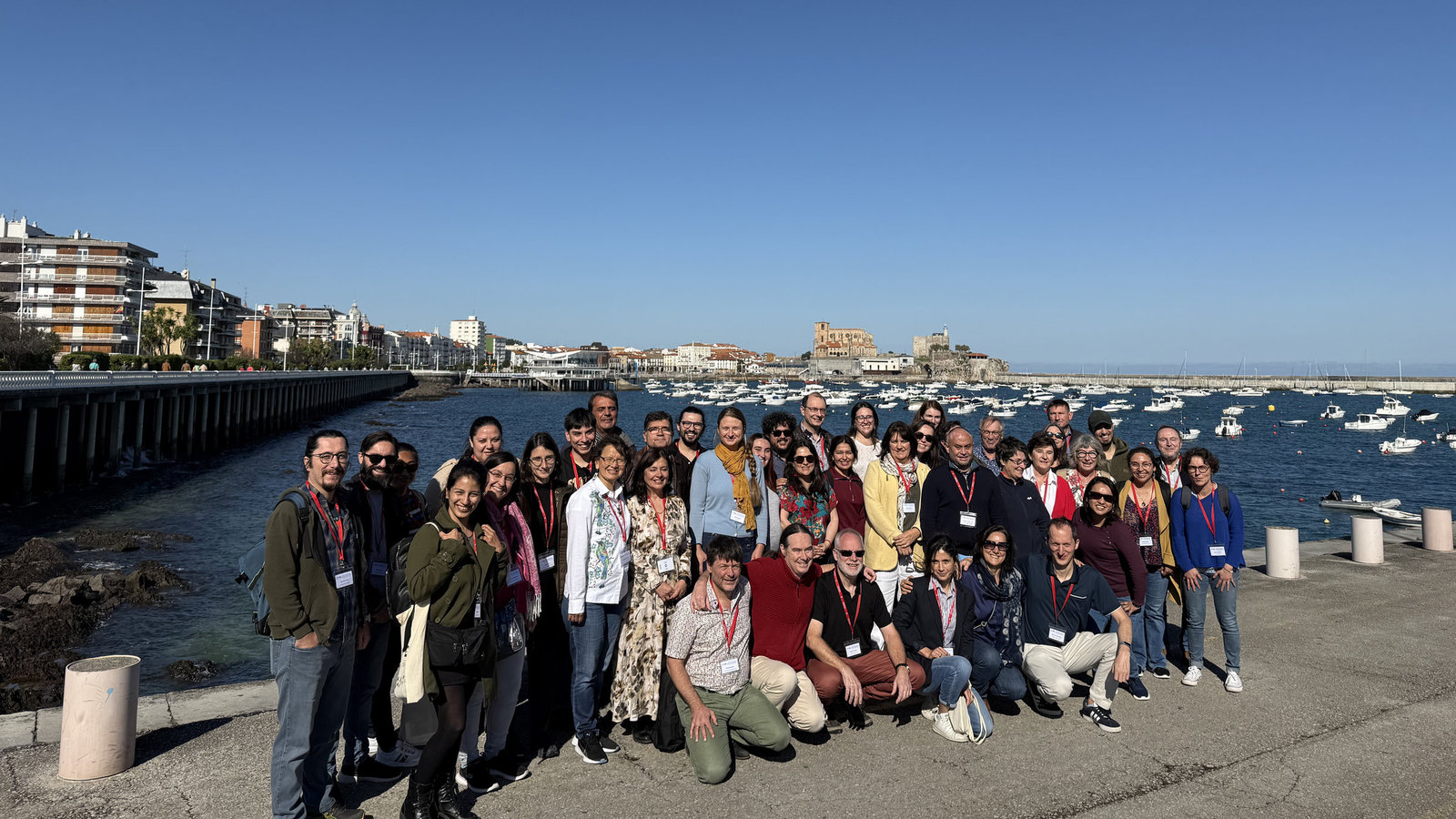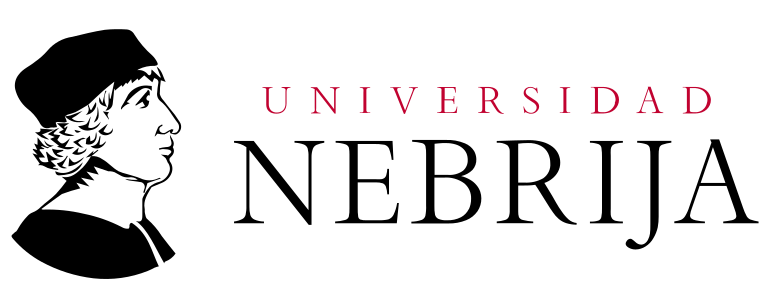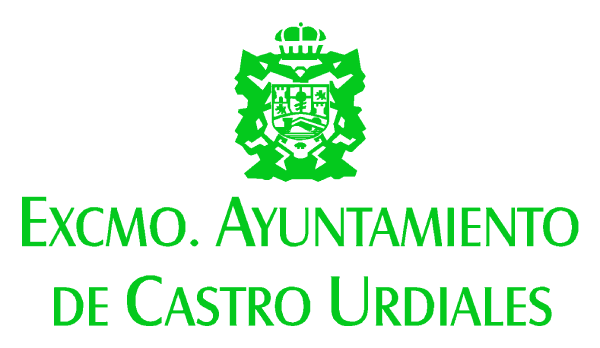Eighth Symposium on the Study of Mathematical Work (ETM8)
From 21 to 25 October 2024. Castro Urdiales (Spain).
News
- 19/09/2024: The provisional program is now available.
- 15/07/2024: Information on venue, accommodation, and travel options is available on the local information page.
- 01/07/2024: Registration is now open.
- 26/01/2024: Second announcement. The Eighth Symposium on the Study on Mathematical Work will take place in Spain (in Castro Urdiales), October 21 - 25, 2024.
- 02/11/2023: First announcement. The Eighth Symposium on the Study on Mathematical Work will take place in Spain (in Castro Urdiales), October 21 - 25, 2024.
Scientific Committee of the ÉTM8
- Philippe R. RICHARD, Université de Montréal, Canada
Co-President of the Scientific Committee - Laurent VIVIER, Université Paris Cité, France
Co-President of the Scientific Committee - Steven VAN VAERENBERGH, Universidad de Cantabria, Spain
Co-President of the Organizing Committee - María Pilar VÉLEZ MELÓN, Universidad Nebrija, Spain
Co-President of the Organizing Committee - Ferdinando ARZARELLO, Università di Torino, Italia
- Jesús Victoria FLORES SALAZAR, Pontificia Universidad Católica del Perú, Peru
- Jorge GAONA PAREDES, Universidad de Playa Ancha, Chile
- Inés M. GÓMEZ-CHACÓN, Universidad Complutense de Madrid, Spain
- Patrick GIBEL, Université de Bordeaux, France
- Alain KUZNIAK, Université Paris Cité, France
- Michela MASCHIETTO, Università degli Studi di Modena e Reggio Emilia, Italie
- Elizabeth MONTOYA DELGADILLO, Pontificia Universidad Católica de Valparaíso, Chile
- Assia NECHACHE, CY Cergy Paris Université, France
- Konstantinos NIKOLANTONAKIS, Université de la Macédoine Ouest, Greece
- Rosa Elvira PÁEZ MURILLO, Universidad Autónoma de la Ciudad de México, Mexico
- Fabienne VENANT, Université du Québec à Montréal, Canada
Local Organizing Committee for the ÉTM8
- Steven VAN VAERENBERGH (Co-President)
- María Pilar VÉLEZ MELÓN (Co-President)
- Inés Mª GÓMEZ CHACÓN
- Raúl FERNÁNDEZ COBOS, Universidad de Cantabria, Spain
Technology coordination for the ÉTM8
- Jorge GAONA PAREDES and Steven VAN VAERENBERGH (co-responsible)
Functioning of the Symposium
ETM meetings are international symposia organized in the form of thematic working groups based on contributions from participants. The symposium format encourages exchanges between participants and helps build a community of researchers with common interests.
The number of participants per theme is limited to facilitate interaction and discussion. Each theme of the symposium will be introduced by a plenary presentation, recalling in particular the achievements of previous symposia.
The four thematic working groups are set out below. We propose to discuss and develop the theoretical perspectives in didactics on mathematical work as well as aspects relating to signs, tools, discourse, control and necessity in mathematical work, thus highlighting the key elements that influence mathematical practice, in particular AI and the digital. In the context of learning, we will look at the genesis and development of mathematical work, focusing on the central role of teachers, trainers, collectives and interactions in this process. We will analyze how projects, situations and tasks contribute to the construction and development of mathematical work, highlighting their importance in the evolution of this fundamental discipline.
The four topics of the symposium focus on certain issues which are developed below, but it is clear that these issues are not isolated. Inter-theme meetings will be organised on issues that concern more than one theme, with a grouping of contributions providing food for thought for all.
The symposium will last 5 days and, like its predecessors, will be trilingual (English, Spanish and French). Contributions (oral and poster presentations) may be made in any of these three languages; oral presentations will be accompanied by an electronic slide show in one of the other two languages of the symposium.
Call for Contributions
Proposals for oral or poster contributions will be accepted by the Scientific Committee on the basis of a short abstract including bibliographical references (three pages) which explicitly mention at least one of the symposium topics. The paper must be based on research and fit in with at least one of the symposium's scientific themes. The submission of this abstract is to be done through the online electronic form, accessible at the following link: https://forms.gle/Qsi5t2CNAH65KSe97.
Each accepted proposal must then be completed, in CERME style (14 pt), in the form of an article and submitted under one of the symposium topics. Papers should not exceed 12 pages for an oral contribution and 3 pages for a poster. All selected contributions will be pre-published online and made available during the Symposium. They will be revised after the symposium for publication in the proceedings, available at https://etm7.sciencesconf.org/resource/page/id/8.
Important dates
- Submission of a 3-page abstract by
March 1March 18, 2024 using the electronic abstract form (above) - Scientific Committee's comments sent before
1 April20 April 2024. - Submission of the contribution before 30 June 2024 using the electronic submission form https://forms.gle/jcWHbcGabSTdTJVv5.
- Registration for the symposium: June-July 2024. Registration information.
- The Symposium will take place from 21 to 25 October 2024
- Return of papers for publication in the proceedings on 31 January 2025
Contacts
- Steven Van Vaerenbergh: steven.vanvaerenbergh@unican.es
- María Pilar Vélez Melón: pvelez@nebrija.es
- Philippe R. Richard: philippe.r.richard@umontreal.ca
- Laurent Vivier: laurent.vivier@univ-paris-diderot.fr
Pictures
Click the picture to access the picture gallery. Credentials are required.






